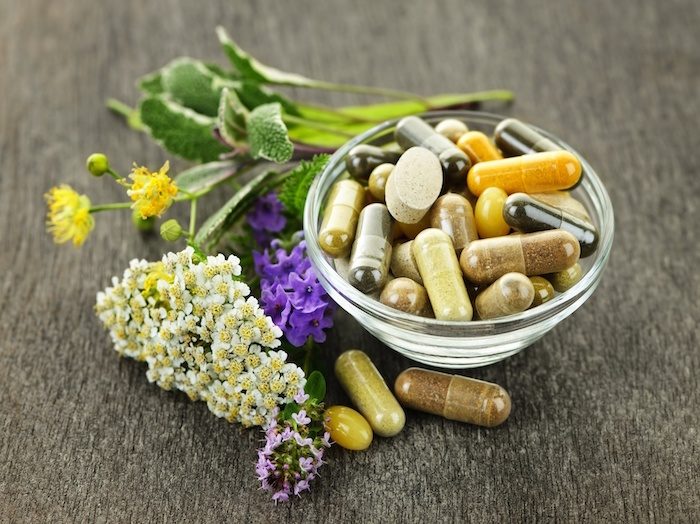Some highlights of the report, as outlined by ABC:
- Cannabidiol (CBD) made the list of 40 top-selling ingredients in the U.S. mainstream channel for the first time. It ranked 9th with retail sales just under $36 million, which is a 872% increase over 2018 sales in this channel. ABC reports that CBD was the top-selling botanical ingredient sold as a dietary supplement in natural retail outlets for the second consecutive year.
- Herbs commonly used for immune support saw significant sales increases in 2019, ABC shared. Elderberry had the second-highest sales increase in the mainstream channel, making it the third top-selling ingredient in that channel.
- Sales of immune health-related ingredients, such as echinacea, elderberry, and others, saw continued growth in the first six months of 2020. Elderberry sales increased 126% and 241% in the natural and mainstream channels, respectively, compared to sales during the same period in 2019. Echinacea products experiences growth of more than 50% in both channels during the first six months of 2020.
Mark Blumenthal, Founder and Executive Director of ABC and Editor-in-Chief ofHerbalGram, added, “These retail sales data demonstrate the continued increase in consumer interest in and demand for herbal dietary supplements, representing a steadily growing trend toward natural health as a solid lifestyle shift, especially proactive attempts to enhance immunity."
The2019 Herb Market Reportis available for free on ABC’s website. It features eight tables and four charts, including tables of total U.S. herbal supplement sales from 2000 to 2019 and the 40 top-selling herbs in the U.S. mainstream and natural retail channels, ABC shared in the press release. It also includes tables of sales broken down by product type (single-herb supplements vs. combination formulas) and retail channel (mass market, natural and health food, and direct sales).
A closer look at how the report was created, according to ABC:
- Sales estimates for individual herbs and fungi discussed in the report reflect sales of herbal dietary supplements in which the particular herb is the primary ingredient.
- Sales of most herbal teas, botanical ingredients used in cosmetics, or government-approved herbal drug ingredients in over-the-counter medicines are not included in the report.
- NBJ based its total herbal supplement sales figures for 2019 on data from market research firms, company surveys, interviews with major retailers and industry experts, and other secondary materials.
- SPINS determined herbal supplement sales in two retail channels: the conventional multi-outlet (mainstream) channel powered by IRI, and the “natural enhanced” retail channel. SPINS’ mainstream channel includes select grocery stores, drug stores, and mass merchandisers such as club, dollar, and military stores. The natural channel includes co-ops, associations, independent retailers, and large regional chains (excluding Whole Foods Market and Trader Joe’s).










